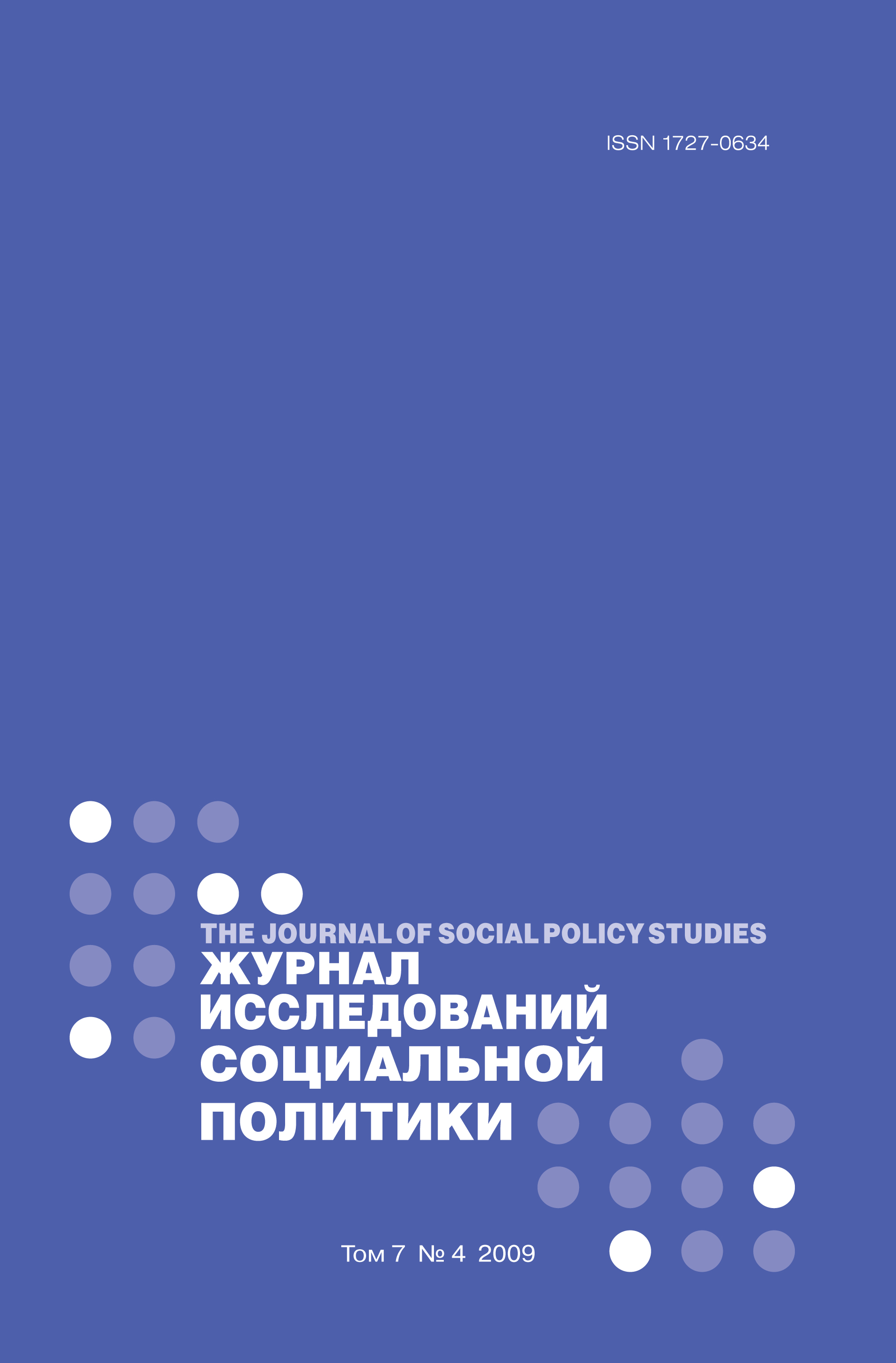Once Again on the Class Question in Postsoviet Feminism
Abstract
It has been claimed that class no longer functions as a significant factor in gender research in the Post-Soviet space. Yet, in the recent Women’s Conference of 2008, it was largely concluded that the Women’s Movement in Post-Soviet Russia has proved ineffective. It was contended that this failure could be explained in ‘lumpenization’ of the women’s movement in Russia that has occurred, causing, in other words, a breakdown in the solidarity of the movement along socio-economic cleavages. The author contends that this is the key factor in explaining the failure of Post-Soviet women’s activism. Rather than the formation of a community of women’s interests, which was witnessed in western women’s organisations, instead they have become a symptom of social differentiation itself, as the polemics around the Second Women’s Congress demonstrates. Women’s organisations in Russia have also failed to offer a version of gender equality that society can accept or rally behind. This article provides an overview of the Soviet heritage in this question and how Marxism and Feminism interacted, with gender only emerging as a serious issue after the collapse of the USSR. One issue with this was it came to be linked with the westernisation drive of the nineties. The author argues that the main social process of Post-communism is the formation of class (economic inequality). In a way, gender equality became the instrument that helped to “veil” this process by shifting the focus from the issue of class to other social categories. At the same time, the production of new forms of gender inequality is a part of class formation. As such, a new discourse has emerged that reflect the tension of class inequality. It can be surmised that feminism in the Post-soviet space must battle for influence in conditions of decreasing democracy and increasing social inequality. Feminism in the western countries grew to be successful in precisely opposite conditions, thus it is clear that the Russian road will be more challenging.















